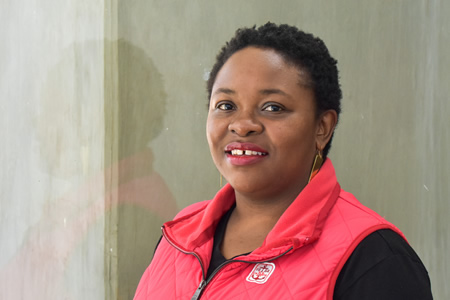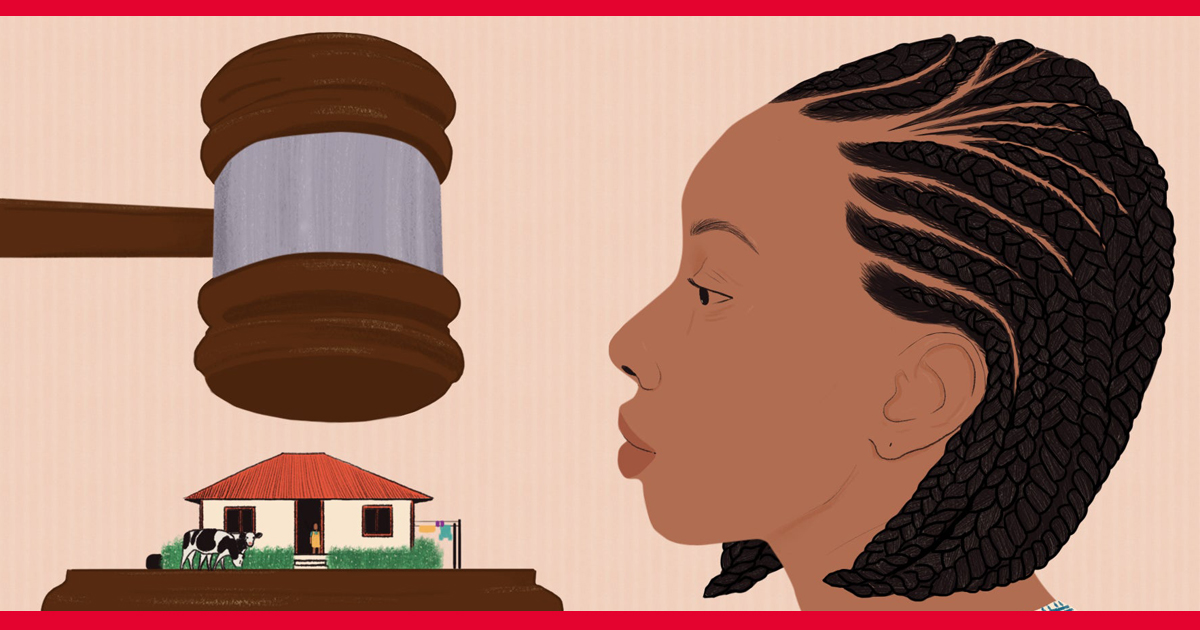On 22 June 2021, the Centre for Human Rights, University of Pretoria, together with the African Commission on Human and Peoples’ Rights (African Commission), through the mechanism of the Special Rapporteur on the Rights of Women in Africa, IGED-Africa, International Women’s Rights Action Watch (IWRAW) Asia-Pacific, ESCR-Net and GI-ESCR hosted a webinar on marriage and property rights for women in Africa and Asia.
The meeting was convened as a culmination of realisations that women in African and Asian societies face many challenges regarding their access to, and rights to the property during marriage and at the dissolution of the marriage. The workshop adopted a comparative approach, with sharing of experiences and best practices from the two regions. In particular, the African region was sharing the background and importance of the newly adopted General Comment No. 6 of the African Commission on article 7(d) of the Protocol to the African Charter on Human and Peoples’ Rights on the Rights of Women in Africa (Maputo Protocol). The African Commission adopted this general comment to elaborate the rights, and obligations by member states as contained in article 7(d) of the Maputo Protocol, which provides for women’s equal access to the property at the dissolution of a marriage.
The webinar, which was moderated by the Centre, attracted high-level panellists that included, amongst others:
- Commissioner Maria Teresa Manuela, current Special Rapporteur on the Rights of Women in Africa
- Commissioner Soyata Maiga, former Special Rapporteur on the Rights of Women and former Chairperson of the African Commission
- Ms Virginia Bras, former President of the United Nations (UN) Committee on Economic, Social and Cultural Rights
-
Prof. Savirtri Goonesekere, former member of the Committee on the Elimination of Discrimination Against Women (CEDAW Committee)
-
Ms Aruna Devi Narain, sitting Member of the CEDAW Committee
As such, the contextual issues were framed from both a global perspective (at the UN level) and a regional perspective in both Africa and Asia. Participants were drawn from several civil society organisations across Africa and Asia working on women’s rights, women’s economic, social, and cultural rights.
The discussions revealed that there are many similar issues that affect women in both regions. The difference is that while Africa has a formalised standard-setting mechanism in the form of the African Commission, the Asian region does not have one. Hence, they must rely on domestic legislation that varies from country to country. However, advocacy efforts in both regions can provide best practices, especially on the framing of issues to include the engagement of grassroots women. This is because they are mostly affected by the cultural and religious impediments to accessing their property rights in marriage.
This was the first of more meetings planned to popularise General Comment No.6 and the organising partners are working on a joint advocacy campaign based on the outcomes of the meeting.
For more information, please contact:

Tel: +27 (0)12 420 4525
Fax: +27 0) 86 580 5743

